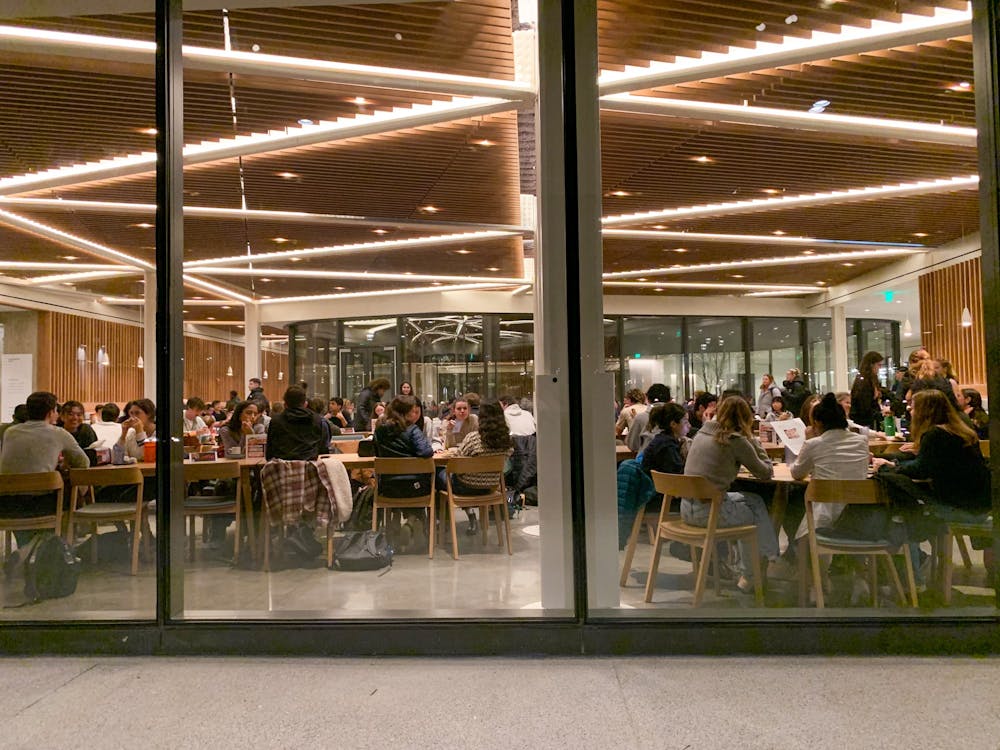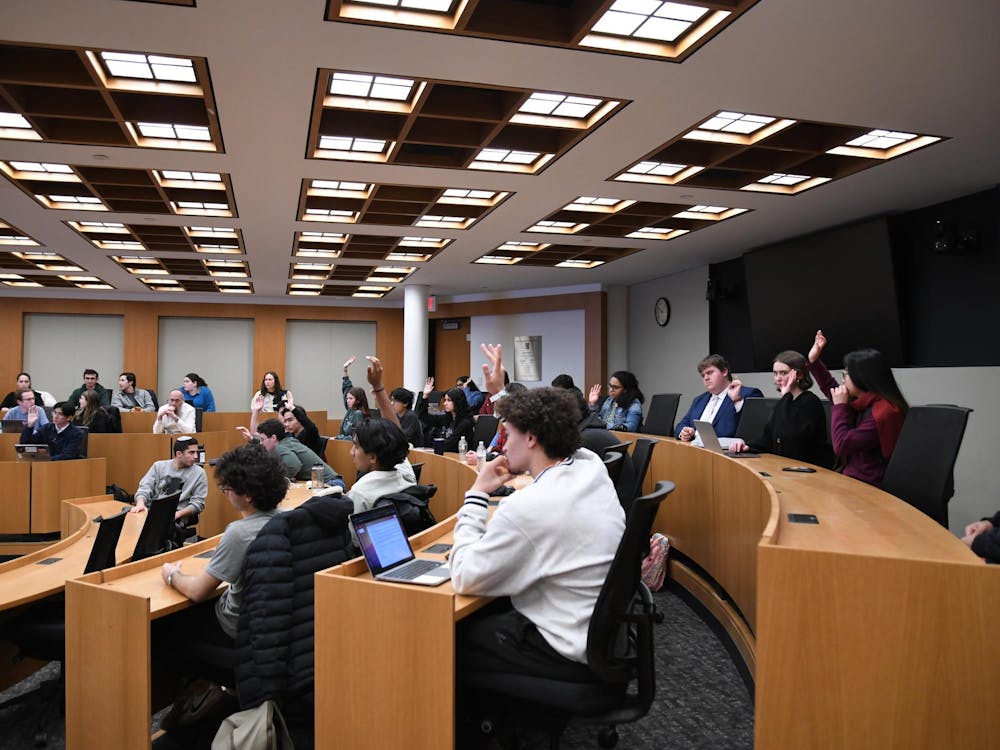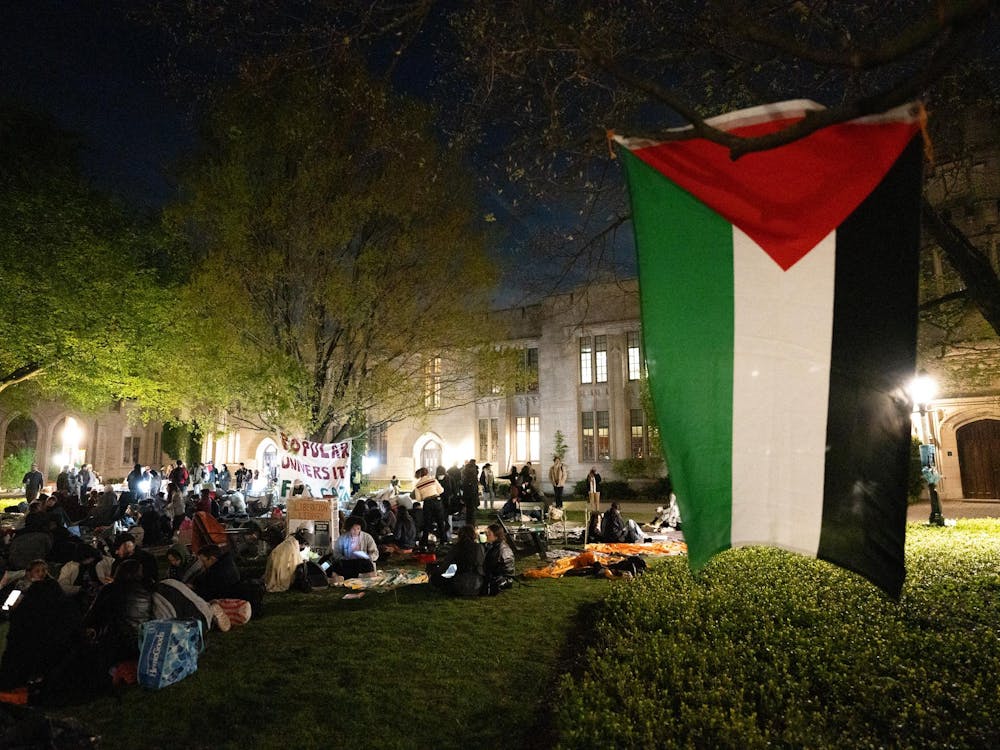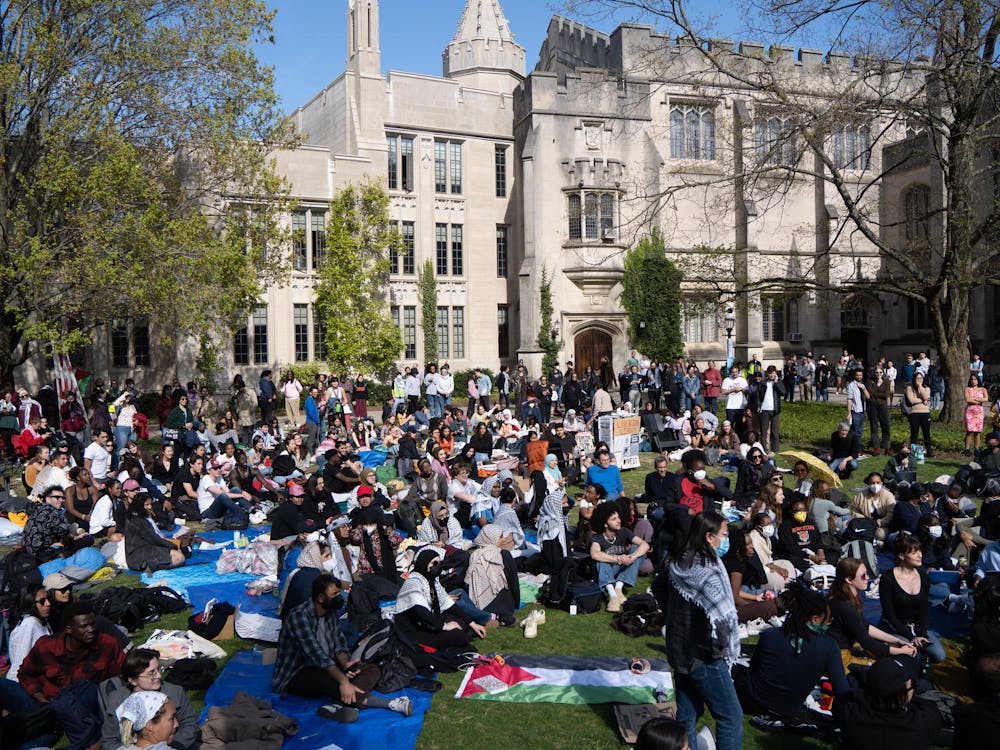One of the biggest surprises I found upon arriving on Princeton’s campus was the lack of composting on campus. Growing up in San Francisco, I had access to a world-class composting system, and sorting leftover food into its own bin was just the norm. When done right, composting is not a lefty gimmick from California: it has the power to reduce waste, lower carbon emissions, and reduce landfill waste. Since coming to campus, it has pained me to not have an adequate and accessible composting option; every time I see a trash can, I think there should be a compost bin next to it. If the University genuinely wants to reduce its carbon footprint, composting needs to be taken seriously.
Princeton’s current approach to sustainability is to slow-walk when there is no need to do so. The campus’ Sustainability Action Plan proposes a net-zero campus by 2046. Net-zero, which includes all greenhouse gasses, not just carbon dioxide, does not get us all the way to carbon neutral. Furthermore, there is no clear vision for reducing food waste, when the University’s own research finds that “composting organic waste versus landfilling it can reduce more than 50% of carbon dioxide-equivalent greenhouse gas emissions.” Instead of leading by example in the fight against climate change, making this effort a top priority alongside issues such as constructing the new SEAS complex, the University aims to be carbon neutral by Princeton’s 300th anniversary, purely for the sake of having a symbolic date. Yet substantially contributing to the effort to lower emissions is well within Princeton’s power: with a roughly $1,000,000 capital investment, we could considerably reduce waste and the University could put a significant dent into its carbon footprint.
Visitors to all residential college dining halls as well as Frist Campus Center will find composting options available. However, only collections from Frist and retail dining locations are being composted here on campus. The rest is diverted to a facility called Trenton Biogas, run by a company called Trenton Renewables that uses the food waste to produce biogas fuel, a highly potent greenhouse gas made up of mostly methane and carbon dioxide. Whereas Princeton’s processing facility emphasizes creating compost, the Trenton Biogas facility focuses on the production of methane from compost and then selling the compost as a side business. The University is therefore using compost operations to counterintuitively harm the planet by potentially contributing to greenhouse gas emissions.
I recently had the privilege of visiting Princeton's current composting plant to better understand how the system works and can be improved. Currently, the S.C.R.A.P. Lab has one machine with the capacity to turn roughly 3000 pounds of food waste into nutrient-rich soil per week and is operated by student workers overseen by the office of sustainability. The food waste produced by Frist takes up almost all of this capacity, bringing in almost 2000 pounds. Why don’t we have machines to process the waste from each residential college dining hall and all dining options on campus?
Currently, the only thing preventing the University from expanding composting operations besides a desire to fund this expansion is a lack of drive. The University should have no problem investing in this infrastructure considering how much our campus likes to build. Nassau Hall’s motto seems to be: the more construction projects the merrier! However, the larger issue is a lack of interest to address these issues. On my tour, representatives from the Office of Sustainability stated that the University has been focused on piloting the composting efforts. But emphasizing such an extensive pilot on an issue that has already been addressed and successfully implemented by plenty of municipalities, both red and blue, lacks justification.
While integrating the waste from residential dining halls into the S.C.R.A.P. Lab only represents the start to a robust campus composting operation that could soon help the entire campus reduce waste; this is a pragmatic and measurable way for the University to reduce its carbon footprint relatively quickly. Following an investment in additional machinery, the only challenge would be increasing staffing. My hope is that this can happen within the next year and be followed by the installation of compost bins alongside trash cans throughout campus including residential college trash rooms and campus walkways. The University’s action shapes our ability to make individual choices.
It’s time that we start educating our campus to take care of our world through actions in our everyday lives that can create a more sustainable planet. Being Princetonians in the Service of Humanity means taking simple actions in service of the land, flora and fauna — from microorganisms to birds — with whom we share this home. Our actions must go beyond furthering our intellectual pursuits. We must also seek to become better citizens by focusing on creating a healthier world.
Noah Eshaghpour-Silberman is a member of the Class of 2026. He is an opinion columnist from San Francisco planning to study in the School of Public and International Affairs. He can be reached at noahes[at]princeton.edu









